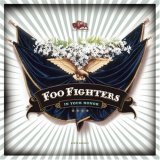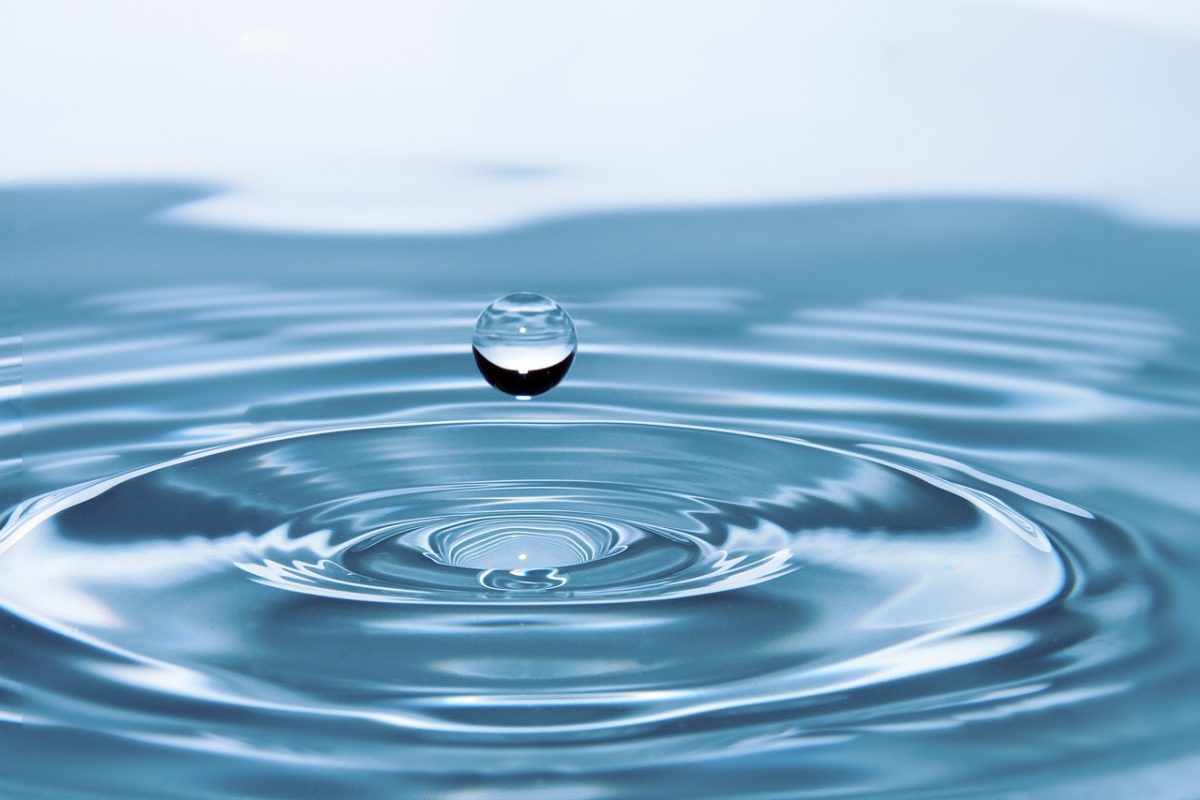Brad* created a personal webpage sometime back in 1996. That spurred my brother and me to create our own website on AOL — The Owings Brothers Page (archived). This site had grown stagnant some two years later so I created the first embodiment of The Justin Owings Page (archived), which chronicled 4th period lunch, published bad pictures of friends, made fun of teachers, and archived ostensibly humorous IM conversations. A few short years later, a senior in college, I was tasked to create a website for an IT class. I went a little over the top for the assignment and created a new and improved (?) Justin Owings Page (archived). Highlights of this endeavor mostly revolve around Mr. Mister, the yam — not the band.
One of the last and likely most enjoyable, educational classes I took in college was Law and Economics by Professor David Mustard. The only “textbook” for this class was David D. Friedman’s Law’s Order, a fascinating read about how law has been evolved through economics.
In fall 2004, springing from discussions on the subject with Shannon mixed with the prodding of my older brother, I created Contraddiction. Contraddiction was doomed from the start as I had no steady internet access, relying on the sporadically available, unencrypted wifi clouds emanating from neighboring apartments. Regardless, I enjoyed blogging and it left me wanting more.
In mid-2005 we secured steady internet access. In January 2006 I began reexamining (at a high level) going back to school, specifically to secure a Ph.D. in either Accountancy or Economics. I emailed Professor Mustard who graciously responded — but I quickly determined that a Ph.D. was not for me. Yet I was reminded of how much I enjoyed that college class on economics and law. Some googling resulted in the discovery that David Friedman had started a blog, Ideas. I became a regular reader.
DDF wrote a post on Gangs and I was spurred to to comment. Another commenter on the same post was a fellow named Aaron who, as I realized upon randomly following the link associated with his name, also lived in Atlanta, working at Emory. From Aaron’s homepage, I also found Aaron’s Furl, which I subscribed to via RSS in Gmail.
The insights and discussion at Friedman’s blog inspired me to take another stab at a website, one replete with a full-fledged blog. Around my 25th birthday (February), I created autoDogmatic.
I invited three friends to co-blog on aD, but mostly, I was the only one blogging regularly. Six months in and all the while reading Aaron’s Furl, I stumbled upon an article written by Aaron about the Federal Reserve’s reserve requirements. An interesting read (if you’re into that kinda thing), there was one link in the article that was broken. I searched around for the correct link and emailed it to Aaron, mentioning to him that I had been subscribing to his Furl for the past few months. We got to pinging emails back and forth and realized we had a good bit in common.
We decided to meet up for a beer and a discussion. We were both probably shocked at having met another anarcho-capitalist within Atlanta. And as Aaron wasn’t blogging anywhere at the time, I invited him to join forces on autoDogmatic. He accepted.
Aaron blogged mostly on economics and I stuck mostly to politics, but our overarching theme intersected significantly — we were both staunchly anti-government, anti-Federal Reserve and, most importantly, pro-freedom.
A few months passed and around the end of December 2006, Aaron emailed me a link to a pretty basic webpage he had created titled, “The Mortgage Lender Implode-O-Meter“, which he was going to use to track as mortgage lenders went bust (Old news these days, I know!). I created a logo for it and helped him out a bit on design. Within weeks, MLI had out-trafficked autoDogmatic. By March it was being featured on CNBC.
The Implode-O-Meter’s success meant that it required a lot of Aaron’s attention, and he was still working full-time at his “day job”. I was helping out when I could. Aaron knew I was tired of my day-job and asked me to join forces and take MLI to the next level. With a bit of prodding from Aaron and a nervous, but supportive spouse, I took up the offer in May 2007. This ultimately led to the formation of our own company, Implode-Explode Heavy Industries, in July, which owns all the Implode-O-Meters as well as a few other sites.
I rediscovered all sorts of new freedoms having left corporate America. Most notably, I suddenly felt free to blog using my real name. Within a few months, I picked up justinowings.com and established this site.
That just about brings things to the present.
Just a couple days back, my friend David, who just himself left the traditional j-o-b, started his own blog. And it was his first post that got me thinking on how I got here to the blogosphere owning my own web-media business utterly clueless as to what will come next.
But for the aforementioned events — many of which were small things, entirely unworthy of note — I would not be here writing this post.
De Vany’s stochasticity of life is in this pseudo-randomness. Life is fluid, complex, and frequently molded in big ways by things unnoticed at first, and poorly understood later, if ever.
The only lesson I can glean from it all is to follow my whims, no matter how fanciful or silly they are because those whims apparently add up.
Life is fantastic that way.
*To bring it full circle, it seems that some twelve years later, Brad is blogging these days, too.







